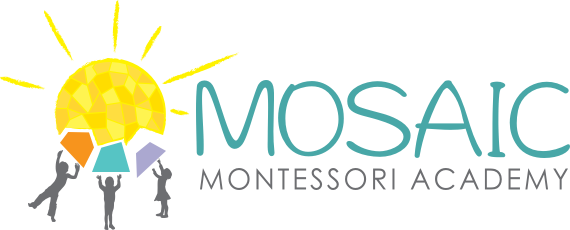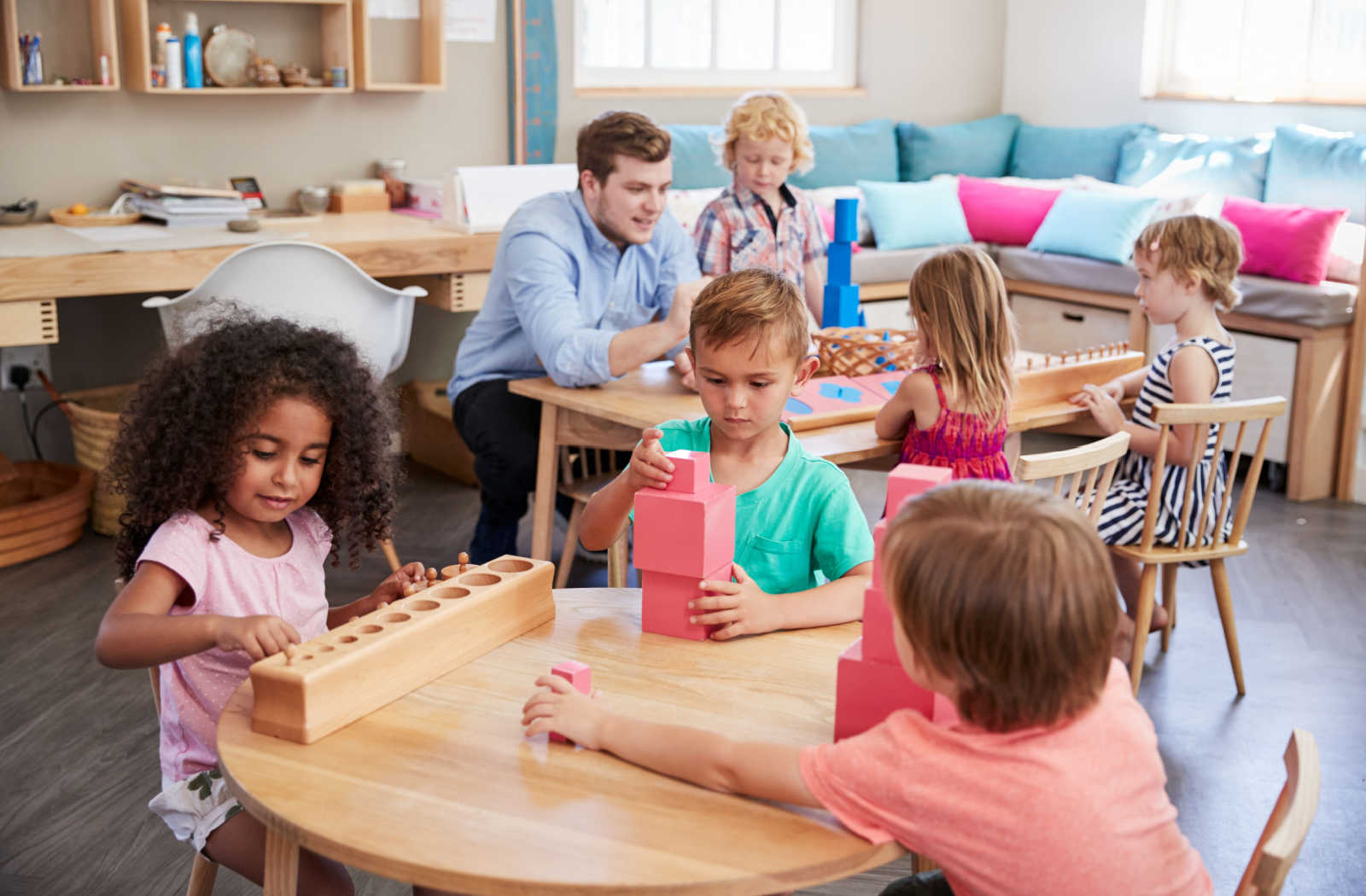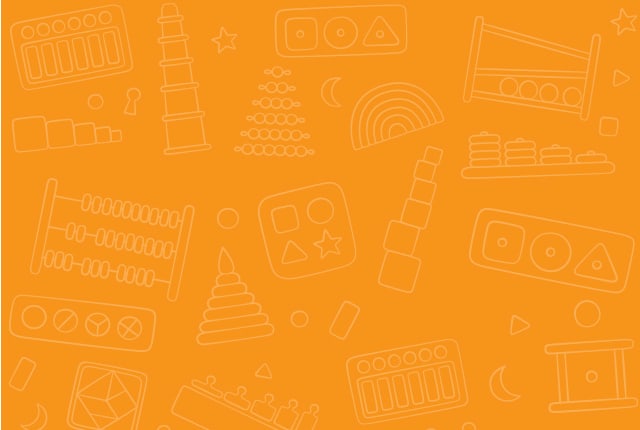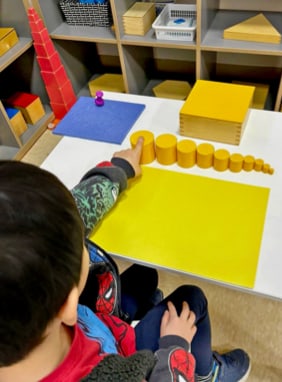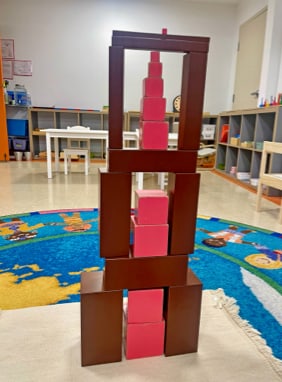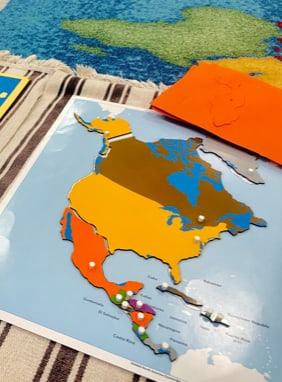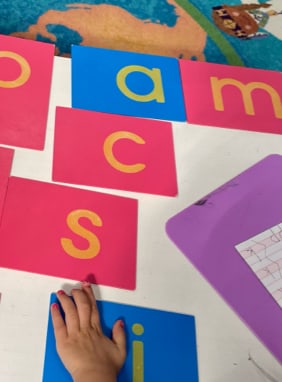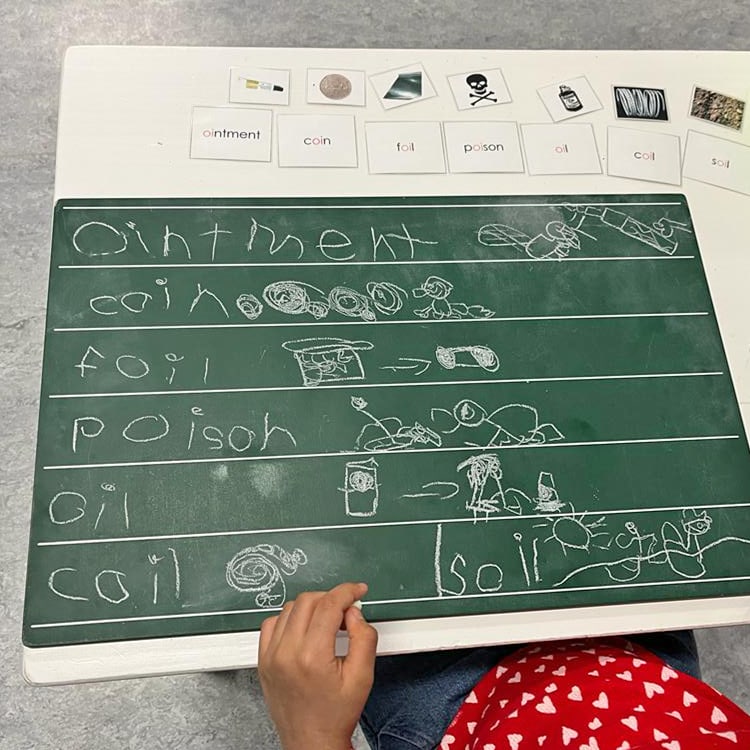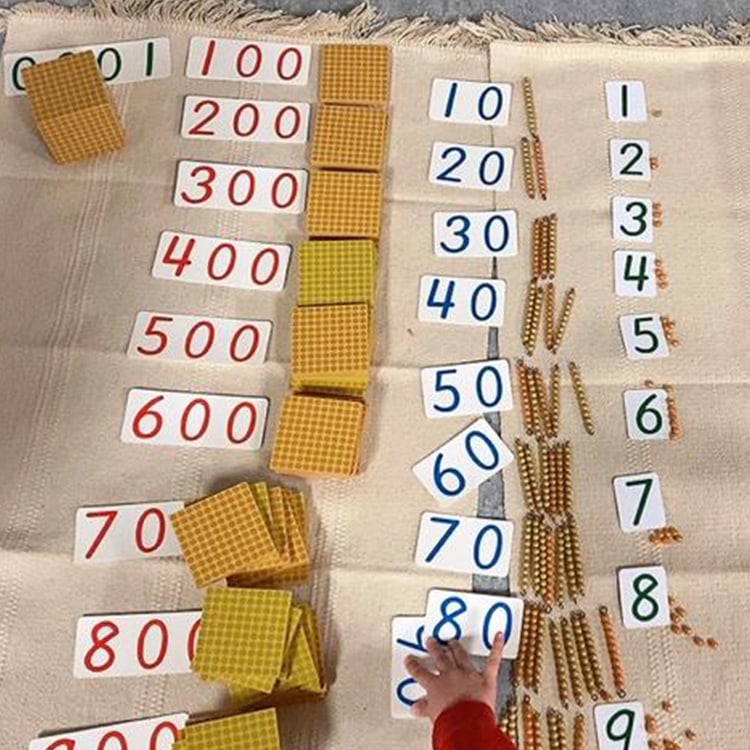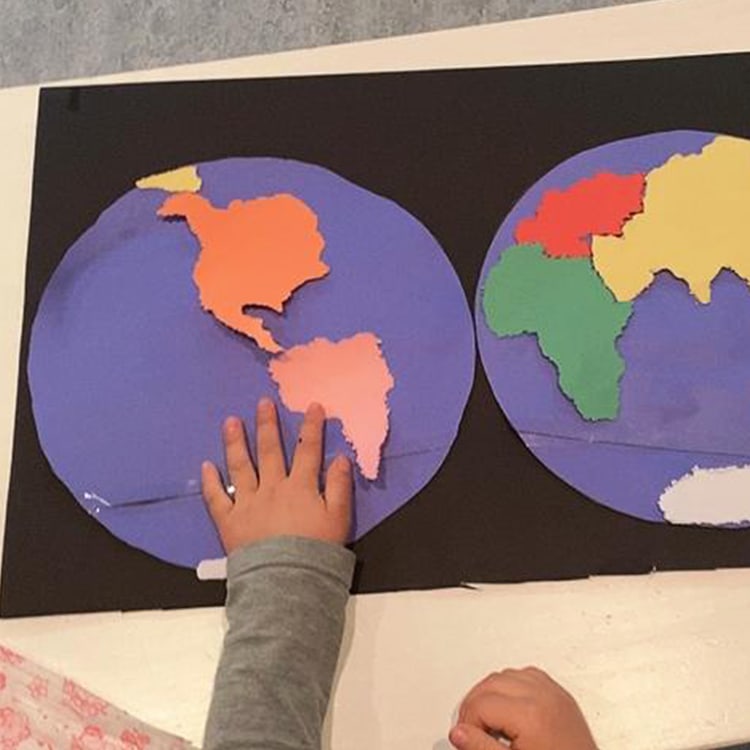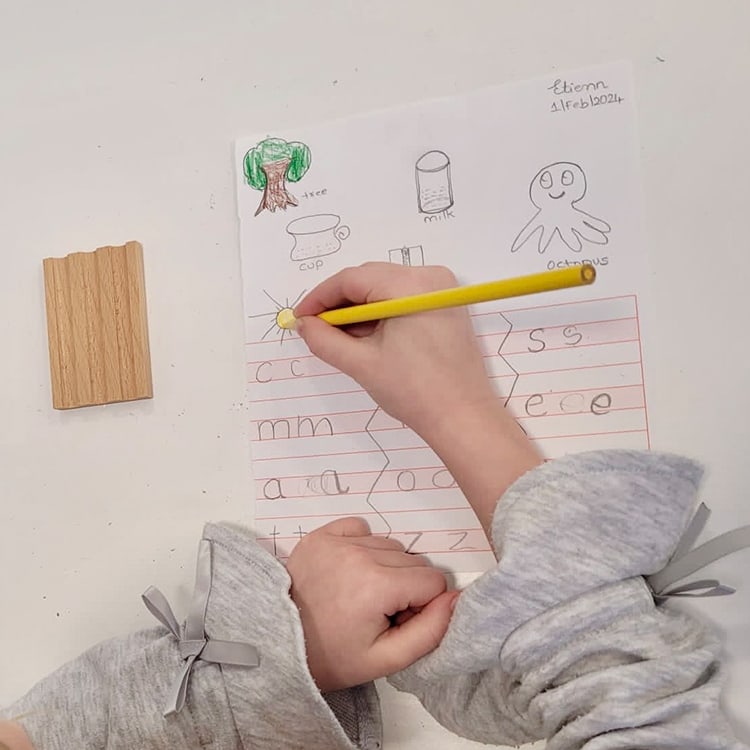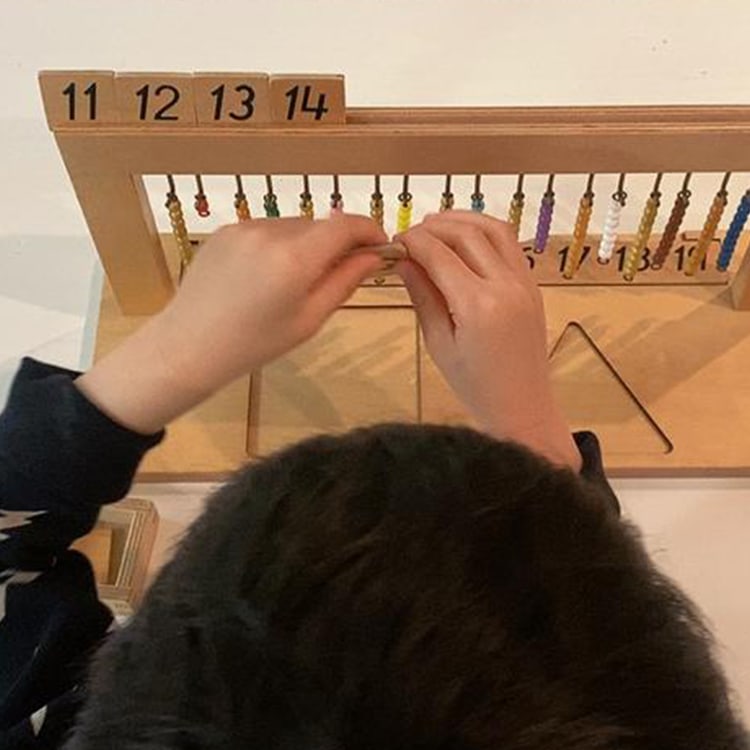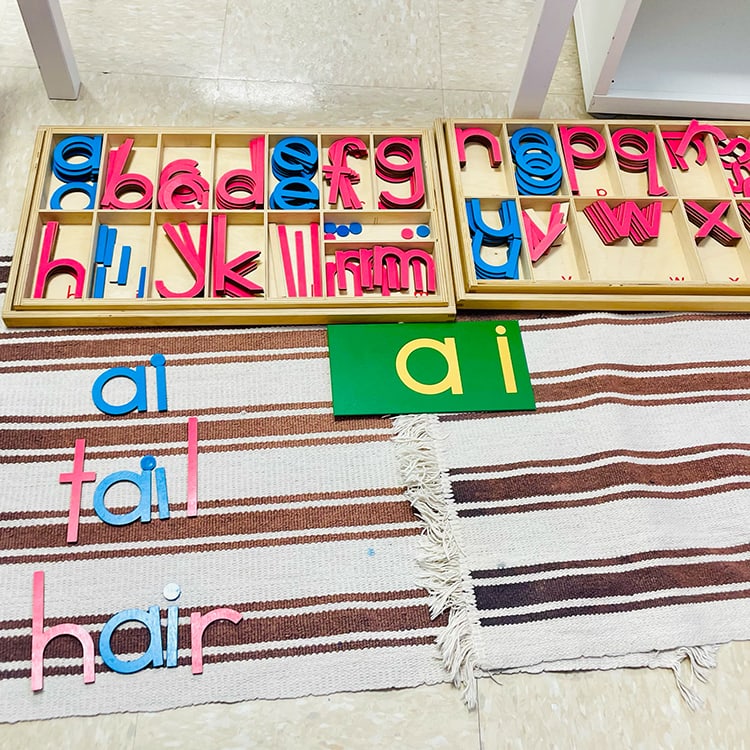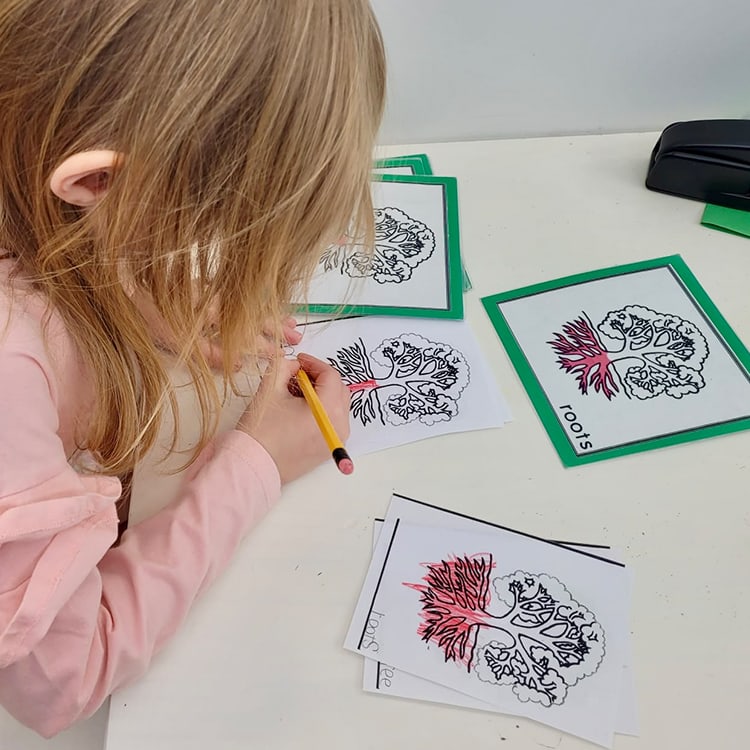As a parent, you may have heard about the Montessori Method for early education and wondered if it’s something that could work for your family. After all, when it comes to giving our children the best start in life, there is no such thing as starting too soon.
But at what age can babies really start Montessori? And will they benefit from its methods?
The Montessori approach can be adapted for children at many ages and stages of development, including infants between the ages of 8 weeks and 18 months.
Some studies have shown that infants and toddlers who are exposed to Montessori environments can learn to be strong independent and creative thinkers as they are encouraged to learn at their own pace and explore their areas of interest.
Montessori schools can also provide an environment where students are respected as individuals with unique needs and interests. Children are encouraged to take responsibility for their own learning by setting goals and planning their own activities, which can help them develop a strong sense of self-awareness and autonomy.
Introducing Montessori: What Is It & How Does It Differ from Traditional Learning Methods?
Developed by Dr. Maria Montessori, the Montessori Method emphasizes the importance of a child’s individual development through hands-on learning and exploration.
Montessori education is a methodology that focuses on the development and growth of the whole child. Unlike traditional learning methods, Montessori emphasizes hands-on experiences where children learn at their own pace. In this method, the role of a teacher is more like a facilitator than an instructor.
Children are encouraged to work on their interests and passions. Montessori classrooms are different from the traditional setup, with mixed age groups and specially designed materials that children can use independently.
Montessori education prioritizes nurturing children with love, respect, and trust, and allowing them to uncover their true potential. By engaging children in practical activities, Montessori seeks to help them learn to be independent, self-sufficient, and confident.
What Are the Benefits of Montessori for Babies 0–3 Years Old?
Discovering more about this approach to early education can help you learn why it might be the right approach for your child.
Here are some of the benefits of Montessori for babies 0–3 years old:
It Can Promote Creativity & Curiosity
By offering hands-on learning experiences and self-directed activities, Montessori seeks to promote and foster children’s creativity and curiosity. Young learners can explore new ideas, concepts, and materials while also discovering their own interests and passions at a young age. This approach can make learning feel like a fun and engaging experience rather than a chore.
It Can Enhance Social & Emotional Development
Montessori education also focuses on developing children’s social and emotional intelligence and helping foster a sense of community and respect for others through mixed-age and mixed-background classrooms, where children of different ages and backgrounds learn together.
This approach can help young learners develop empathy, collaboration, conflict resolution, and communication skills. It can also help children develop self-regulation skills and learn to be more independent and responsible for their actions.

It Can Provide a Hands-On Learning Experience
The Montessori Method emphasizes hands-on learning and sensory experiences. Young learners are encouraged to use their senses to discover and explore the world around them, which can help support their physical, cognitive, and emotional development as they learn to identify objects and materials, understand how things work, and express themselves in creative ways.
It Can Encourage Long-Term Learning & Growth
Montessori education is a long-term investment in your child’s future. By providing young learners with a strong foundation for learning and development, Montessori education can set them up for life-long success. The Montessori Method can help nurture a love for learning and discovery that can stay with children throughout their lives.
When Should Parents Consider Enrolling Their Baby in a Montessori Program?
The sensitive period for learning starts at birth and continues until children are 6 years old. A Montessori program can be appropriate and ideal for babies as young as 2 months old and can help babies develop intellectually, physically, and emotionally through a variety of activities designed to meet their needs.
Before enrolling your baby in a Montessori program, you should assess their readiness. A Montessori program can teach children independence and responsibility. So, if you believe your child is ready to do things on their own and learn through exploration, a Montessori program can be an excellent choice for them.
Montessori programs can provide a peaceful and stimulating environment that encourages exploration and learning. If you are considering a Montessori program, confirm that there is an environment for your baby to thrive.
Getting Started with Montessori
The Montessori method can offer an incredible opportunity for parents looking to create a stimulating, meaningful, and engaging learning experience for their baby. With its focus on the individual child, it can provide a safe and supportive learning environment while also promoting independence and self-direction.
Make sure to find the right fit for your child’s growth.
Here at Mosaic Montessori Academy, we are passionate about seeing children flourish in our classrooms. We are enthusiastic educators who focus on building solid foundations for learning with love, respect, trust, creativity, and exploration, so our little learners can grow into confident, independent thinkers with strong inner guides.
If you feel like your baby may be ready for Montessori education, or you would like additional information, please don’t hesitate to contact us today!
